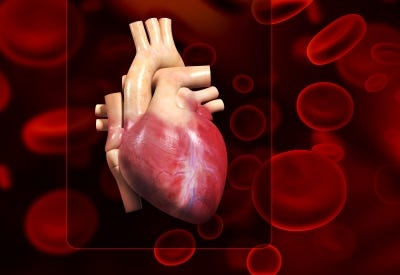| Saeid Farivar, MD, PhD, chief of cardiothoracic surgery, Abbott Northwestern Hospital "I am most excited about transcatheter mitral valve replacement (TMVR). It has the ability to stop leakage of the mitral valve without cardiopulmonary bypass and in very sick patients. This is a very large population of patients that we need to address."
|
| Wes Pedersen, MD, FACC, FSCAI, FAHA, medical director of valve and structural heart disease program, Minneapolis Heart Institute/Abbott Northwestern Hospital "Truly transformative cardiac interventional therapy seems to come along every decade, and in this regard transcatheter aortic valve replacement (TAVR) has exploded into the field. Backed by carefully designed, randomized trial data, FDA approval for surgically nonoperative and high-risk patients came in 2011 and 2012, respectively. Approval for intermediate risk patients (surgical mortality 3-8 %) has just arrived in August 2016, with two industry-sponsored randomized trials for the low risk patients (< 3% mortality) already underway. As acute complications have continued to fall with increased operator experience and rapidly evolving delivery systems, valve durability becomes increasingly important, especially for the younger and low surgical risk patients. We do not have an understanding yet of the long-term (i.e., > 8 years) durability of these valves. There is a very real potential for greater than 150,000-200,000 cases per year being carried out in the U.S. market in the next 5-10 years. Now, feasibility studies for transcatheter mitral valve replacement technology are being carried out with eventual volumes of four times that of TAVR. The opportunities for substantial innovation will grow logarithmically in valvular heart disease, which has both survival and quality of life relevance."
|
| Mario Goessl, MD, director, of research and education, Center for Valve and Structural Heart Disease, Minneapolis Heart Institute "Transcatheter mitral valve replacement is the next very exciting space we're moving into from an interventional cardiology standpoint. Surgeons have obviously done this for many years, but now we have the option to do what we were able to do years ago with the aortic valve for the mitral valve.
In the mitral space especially, patients who have functional mitral valve regurgitation, which is mitral regurgitation due to debilitations of the left ventricle--whether due to genetics, heart attacks, or any other causes--these mitral regurgitation patients still don't have a great solution. [Open mitral valve replacement] surgery is the highest surgical risk; physicians shy away from that surgery unless they're doing a bypass or something else where they're going that way anyway. There are probably millions of patients with untreated mitral valve regurgitation because the surgical operation is too high risk and many patients will die and not develop quality of life afterwards. Many are treated medically for the condition, and that just brings them back to hospital. [TMVR] would give us the opportunity to replace the valve in a manner that is less invasive and maybe requires an hour-long procedure and requires much less recovery time. The low-risk trials going on in the transcatheter aortic valve replacement space are exciting, too. Surgeons are always joking that this is last chance for them to prove that they are better than the TAVR valves. These ongoing trials, which could be finished in two years, could bring the therapy to low-risk patients, and that would be a big, big change in cardiology."
|
| |






